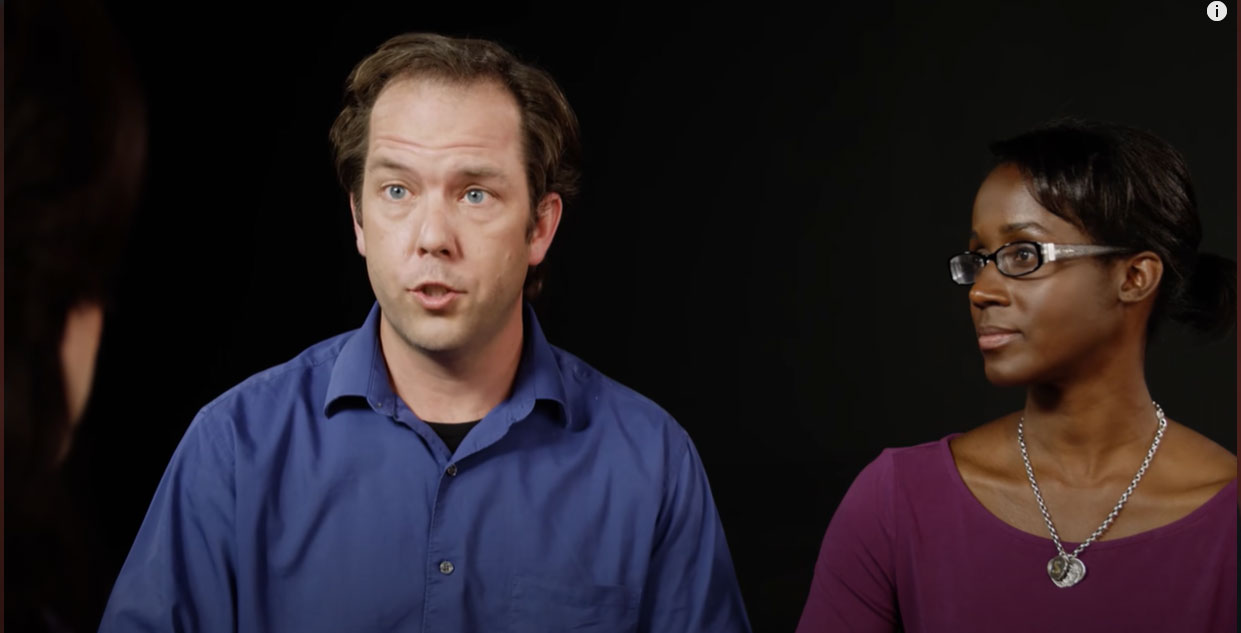There are a variety of treatments for advanced maternal age
Our Virginia fertility center offers treatments for advanced maternal age. We realize that some women wait to start families and need a little help doing so.
Surgical solutions can be appropriate for certain problems in some patients, but require recovery time as well as time to conceive after that. Conservative hormonal therapies (such as clomiphene citrate or gonadotropins combined with intrauterine insemination) can be effective for appropriately selected patients under 40, but are much less effective in women over 40 years old. In vitro fertilization (IVF) remains the most effective therapy for women using their own eggs at any time in the reproductive age-group, but the live birth rate drops off considerably in women in their 40s. Unfortunately, there is currently no treatment that can restore eggs or improve their quality. Thus, it is critical to make sure that women have access to good treatment modalities early on so that their own eggs can still be used.
Figure 4. The chance of pregnancy declines with age, regardless of choice of therapy. In vitro fertilization is the most effective therapy for women using their own eggs at any age. Key: CC/IUI=clomiphene citrate and intrauterine insemination; Gnd/IUI=Gonadotropins and intrauterine insemination; IVF= in vitro fertilization (2001-pregnancy per embryo transfer)
Studies of women with abnormal ovarian reserve testing show a dramatic decrease in fertility regardless of age. In a study publish in the October, 2001 issue of Fertility and Sterility, the basal FSH measurements of nearly 10, 000 patients was evaluated. About 10% of the patients had abnormal ovarian reserve on the basis of the basal FSH measurement. In this group, there were only 28 pregnancies (2.7% of the patients) with 20 of them (71%) ending up as a miscarriage. The 8 patients with a child represent 0.7% of the patients with abnormal ovarian reserve.
Presently, women with abnormal ovarian reserve are best served by therapies that do not utilize their own eggs. Fortunately, women with diminished ovarian reserve still have good options for becoming parents, which include egg donation and adoption. In egg donation, a young woman with normal ovarian reserve donates her eggs to the couple (usually donors are between 21-33). The egg donation allows the patient the opportunity to become pregnant and deliver the child regardless of her ovarian function. Recent studies, albeit very few and with small numbers, suggest however that some women, even those with elevated FSH who are now being told to pursue donor egg or adoption, may have still a chance at conceiving using their own eggs after using DHEA (see below). This may represent a quantum shift in the field of reproductive medicine, and would overturn some established dogma. At VCRM, we are undergoing clinical studies to investigate this novel concept further, and try to identify the groups that are likley to benefit from DHEA.
Aging has a profound effect on all of us. The signs of aging on a womans reproductive capabilities may be subtle or hidden all together. Women should understand that this normal process exists and take it into account as they plan their futures.
Contact us to learn more about treatment options.

